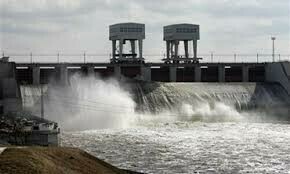Kotha Kalan, Morgah, Shakrial and connecting regions are remembered for the new task while the greater part of work will be completed in the city regions. In 2013, many union councils in the now-defunct Potohar Town were given to Wasa. Because there was a lack of water in these areas, the government was urged to improve the supply.
Dawn was informed by Saleem Ashraf, the managing director of Wasa, that the government had approved a short-term development program and had requested that the civic body begin the water scheme tendering process.
In order to prevent water shortages during the summer, he stated that new tubewells would be installed in the majority of the locations and water supply lines would be laid. He stated that construction would begin next month.
He said that the Wasa would also lay a sewerage system in many parts of the city in the following month. He also said that most schemes were provided by local MPAs and that funds would arrive next week.
The Wasa managing director said that a new dam needed to be built to fix the garrison city’s water problem. As of now, Rawalpindi city has 1.5 million inhabitants and their everyday water needs are around 68 million gallons each day (mgd).
The city relies primarily on the Rawal and Khanpur dams as well as 480 tubewells that draw groundwater to meet its needs. The complete extraction from these sources is 51mgd (35 from tubewells and 16mgd from the dams), abandoning a shortage of 17mgd that is probably going to increment to 34mgd by 2030.
The official from Wasa said that drawing water from reservoirs would also make the city less dependent on groundwater. He also said that tubewells get most of the water used by city residents. He said the water table was going somewhere near each spending day. He stated that because there was no underground water in the Potohar Town region, the administration was forced to provide them with water from reservoirs.
The official claims that Wasa recently constructed brand-new tubewells along the Expressway in order to supply Potohar Town’s union councils with water. He claimed that building a new dam would save money that would have been used to install tubewells annually.



